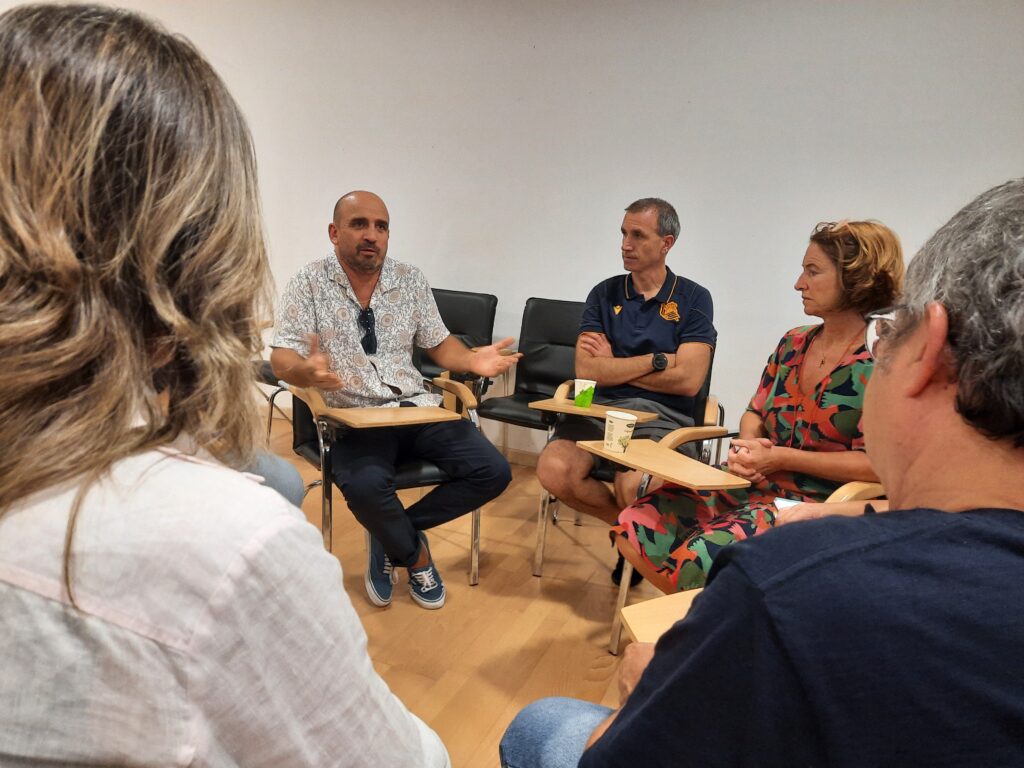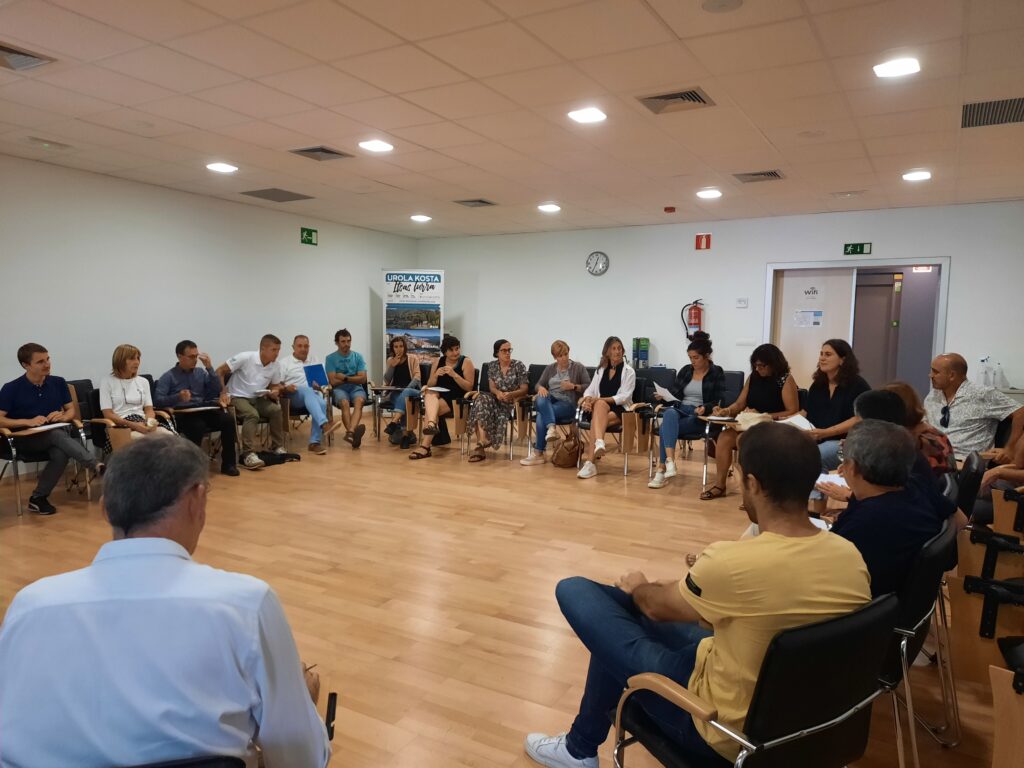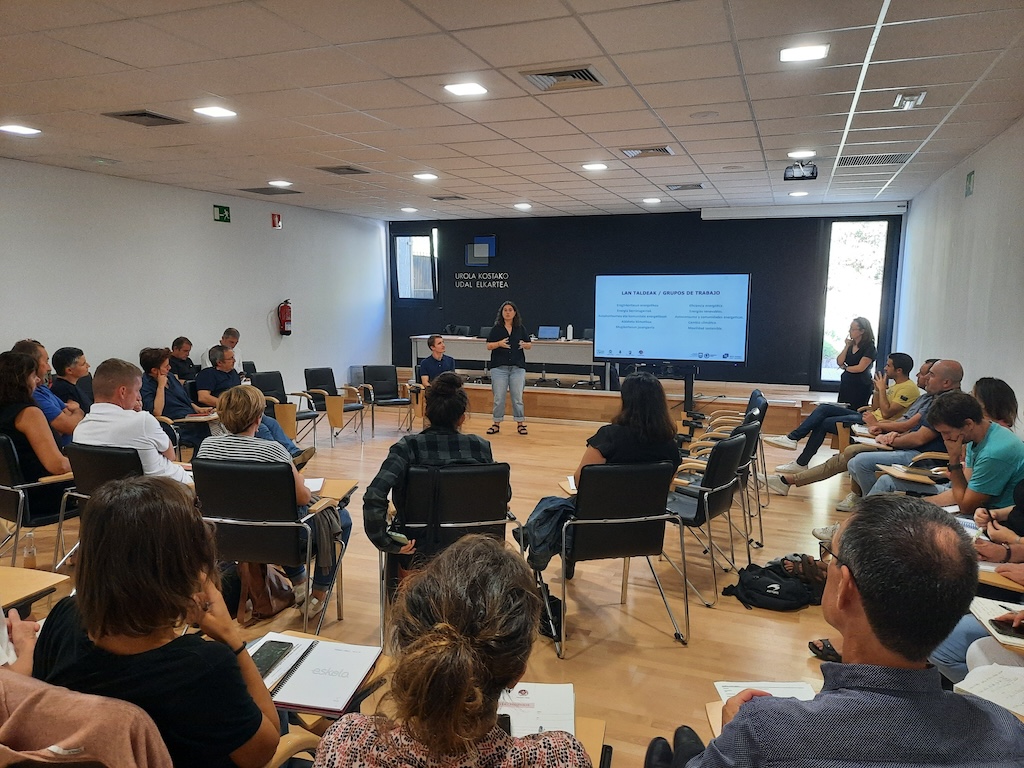One of the keys to the energy transition is to tackle complex problems by different people and groups, who can bring innovative views and ideas to the table. Key actors include businesses (small and large), public authorities, citizens and social or environmental associations. They all represent different but important interests, needs and visions when it comes to making decisions and moving towards a just energy transition.
In the NEON project, different actors are involved in the development of innovative technologies and services, as well as the setting up of pilot Energy Communities implementing these solutions. Companies, municipalities, citizens, and local networks are key in the development of the project. In addition, we have been developing the project for more than two years now, and we are increasingly participating in events and meetings to share learning and results, as well as connecting with key actors to replicate NEON solutions in other contexts.


In this sense, and to reach public institutions, last week we participated in an event organised by the region of Urola Kosta, located in the Basque Country (in the north of Spain). The event was organised as an activity of the Institutional Working Group on Energy and Climate Change of the Urola Kosta region. This is a group made up of technical and political teams from the five town councils that are part of the region. In this activity, they sought to understand different innovation projects with respect to Energy Communities and complementary policies, so that they could begin to develop similar ideas or proposals to solve key problems in their region.
Public institutions are a key player in driving innovative solutions in the energy transition and, more specifically, in promoting energy communities and supporting different actors (citizens, companies, associations) to participate and promote these communities. However, the event showed how local institutions sometimes find it difficult to think innovatively. That’s why connecting with projects like NEON is interesting and helps to go beyond what they see and do on a day-to-day basis. A key aspect that particularly interested them was the multi-stakeholder involvement in the design and evaluation of energy proposals. Participatory workshops, interviews or even the consolidation of permanent spaces for dialogue between diverse actors are some key tools to promote co-design in the energy transition.

Authors: Paula Jiménez, Gonzalo Navarrete and Clara Majadas from Traza Territorio.